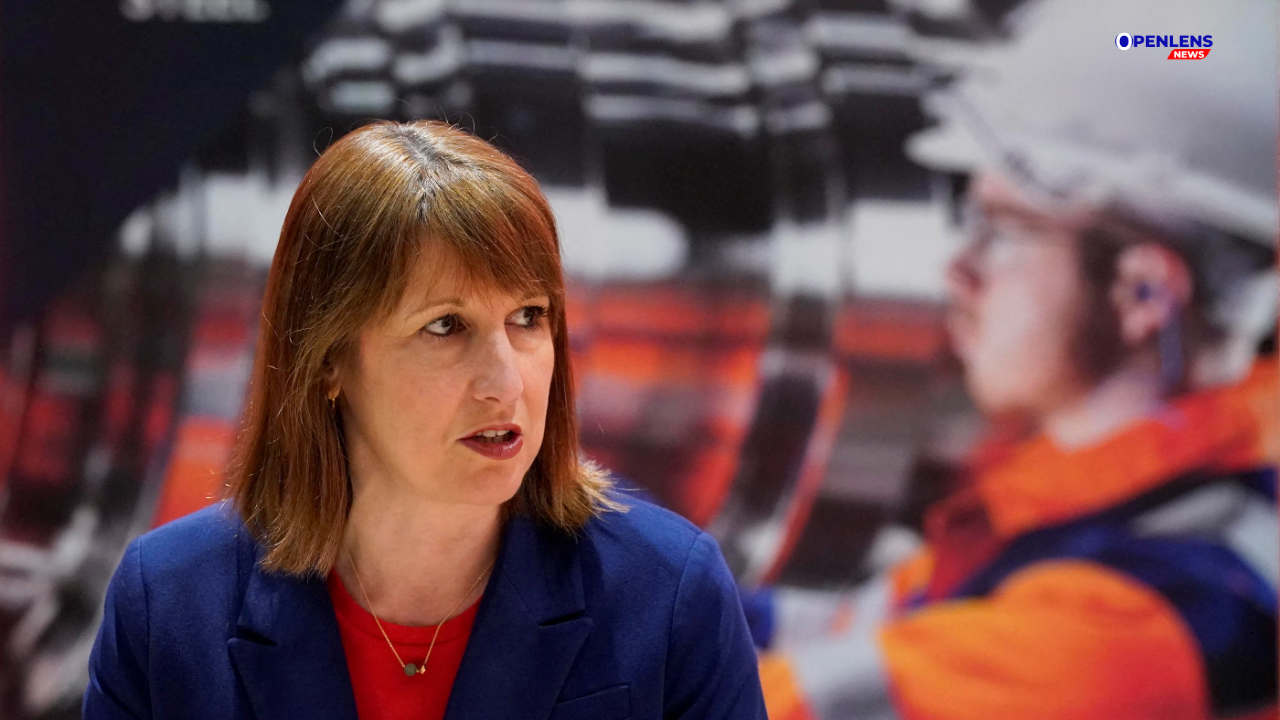Chancellor Rachel Reeves has vowed to take swift and decisive action to shield the UK economy from the financial fallout of the escalating conflict between Israel and Iran. As tensions in the Middle East intensify, global markets have responded with sharp increases in oil prices, raising fears of inflation spikes and potential economic instability in the UK. The price of Brent crude has already surged more than 10%, with analysts warning that further escalation could see Iran block the Strait of Hormuz, a vital maritime corridor through which a significant portion of the world’s oil and liquefied natural gas flows.
Reeves acknowledged that the geopolitical crisis could significantly impact the UK’s economic trajectory, particularly by delaying anticipated interest rate cuts and adding strain to government finances. The Chancellor warned that if inflation rises again due to fuel and energy price shocks, it could derail efforts to bring down the cost of living and slow economic recovery. She hinted that such developments might even necessitate tax hikes in the upcoming autumn budget, as the government grapples with a tighter fiscal environment.
Drawing parallels with the response to the Ukraine war, Reeves suggested that a support package could be introduced if energy prices spike dramatically. She stressed the government’s preparedness to step in and protect households and businesses from severe financial pressure. However, concerns have been raised by senior economic figures, including former BP chief Lord Browne and ex-Chancellor Lord Hammond, who criticised the lack of a strategic energy reserve and called for better contingency planning. Their warnings underscore the vulnerability of global supply chains and highlight the long-term consequences of underinvestment in energy security.
The Chancellor defended the government’s recent defense spending commitments as part of a broader strategy to prepare for geopolitical volatility. She also reassured the public that the Treasury is closely monitoring developments and will adjust its policies accordingly. With inflation still hovering near uncomfortable levels, any surge in energy costs could reignite financial instability and place further strain on household budgets.
As the Israel-Iran crisis continues to evolve, the UK government’s economic strategy is being tested. Reeves’s commitment to maintaining stability amid uncertainty is clear, but her ability to navigate this global shock without derailing the domestic recovery will be a defining challenge of her leadership.



